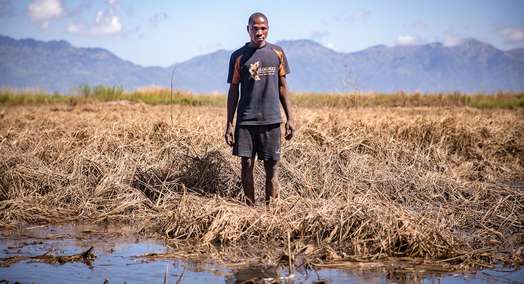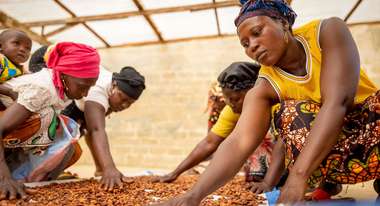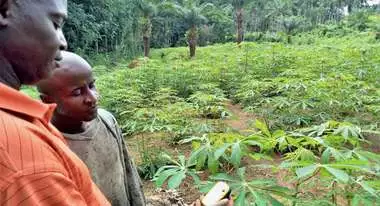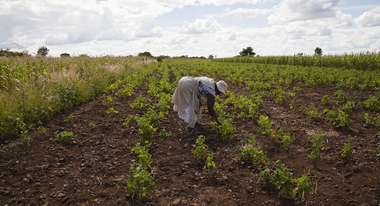Good Prospects for Little Sprouts
Climate change further aggravates the serious food insecurity in North Korea. Projects fighting malnutrition with with quality seeds give hope.
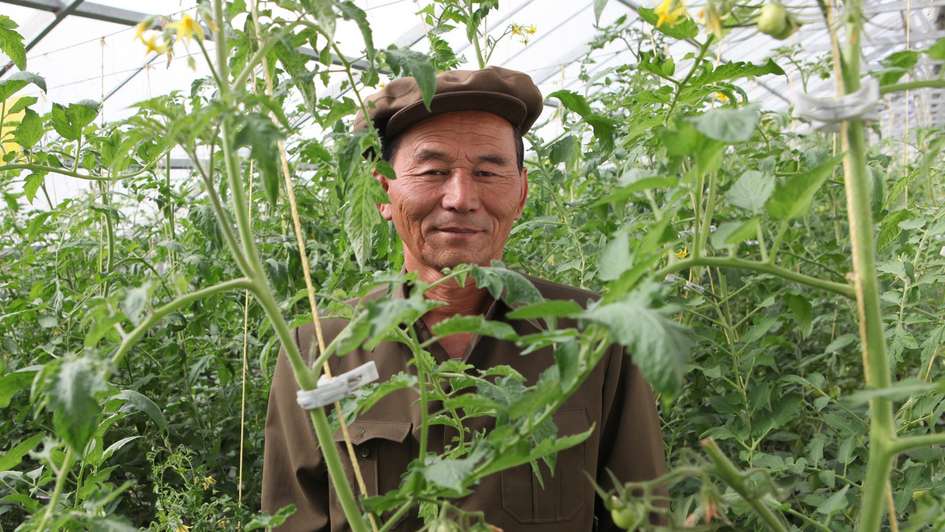
Hardly-arable farmland, barren soil and hard winters. The summers are very hot. Torrential rains alternate increasingly frequently with long droughts. Under these conditions, agriculture in North Korea is anything but simple.
In addition, the isolated Asian country does not have enough fertiliser, seeds and energy. Agricultural mechanisation is not very advanced.
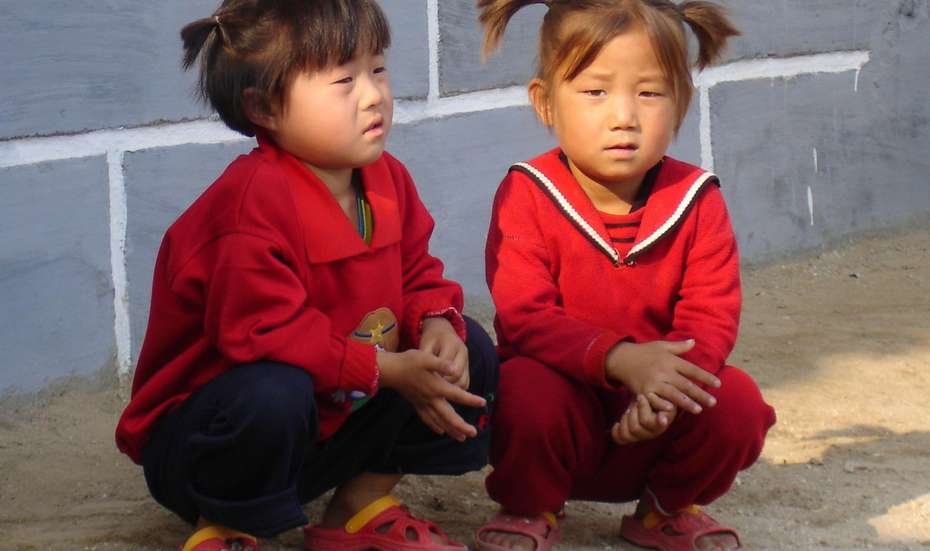
Destruction of Farmland Produces Hunger
As a result, harvests in normal years offer at best average yields of traditional staples including rice, soy, maize and potatoes. In the past years, climate change has worsened conditions even more. Torrential rain causes more and more flooding and landslides. Every loss of farmland has a direct effect on the food and nutrition situation. 45.5% of all North Koreans are undernourished, and 16% of children are stunted, partly due to being malnourished.
Welthungerhilfe is working all around the capital city of Pyongyang to achieve long-term improvements in the situation. In the provinces of North and South Hwanghae and North and South Pyongan, approximately 3.6 million people are benefiting from the production of high-quality vegetable seeding material.
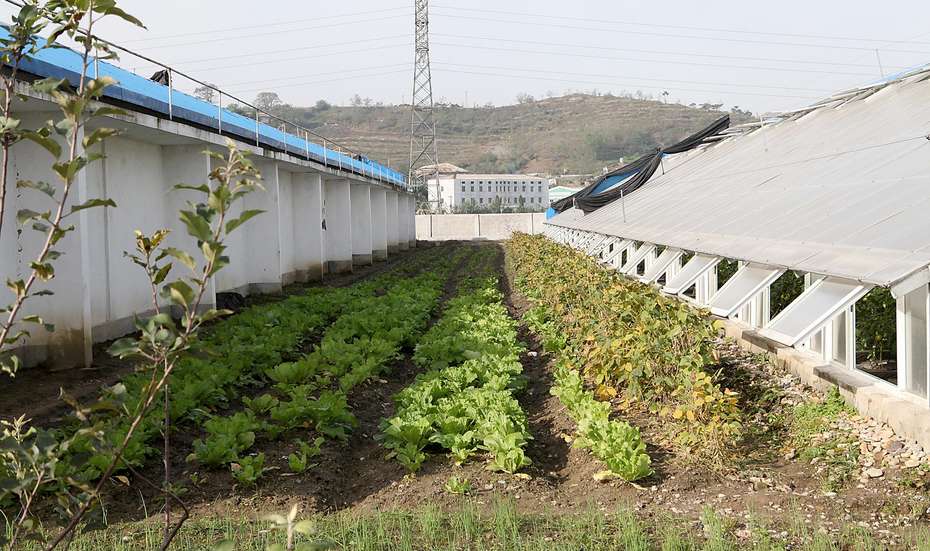
How Welthungerhilfe Supports People in North Korea
-
Development aid in North Korea can only function in close cooperation with government authorities. This project, too, is the result of patient lobbying.
-
In the regions around Pyongyang, propagation facilities produce seeding material for growing carrots, spinach, various cabbage varieties and other vitamin-rich vegetables. The goal is to produce approximately 300 tonnes of vegetable seeds per year.
-
The seeds are processed in seeding centres, packaged and then distributed to agricultural cooperatives.
-
In close cooperation with the Ministry of Agriculture, Welthungerhilfe is building three solar greenhouses and 125 tunnel greenhouses for vegetable cultivation.
-
Existing irrigation systems are being maintained, and necessary agricultural equipment and machines are being provided.
-
Welthungerhilfe is also consulting for state-run kindergarten and child-care programmes regarding questions of nutrition. The goal is to incorporate vegetables into their diet plans. Approximately 855,000 children are benefiting from these efforts.
-
We are educating over 150 employees on all levels in the seeding cooperatives, the distribution centres and the Ministry of Agriculture in order to secure long-term success.
The food and nutrition situation is improving steadily. The Democratic People's Republic of Korea now wants to officially promote the cultivation of high-grade vegetables in order to increase levels of valuable nutrients such as vitamin A, iron and zinc amongst the population.
